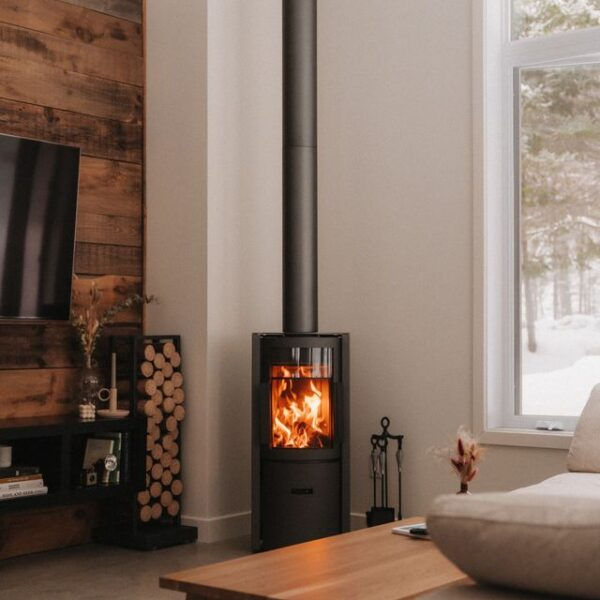The Truth About Log Burners: Why They're Not Being Banned
- Southwest Woodburners

- Feb 11, 2024
- 2 min read
In recent years, there has been growing concern about the environmental impact of log burners and wood-burning stoves. With increasing attention on air quality and carbon emissions, many have questioned whether log burners should be banned altogether. However, the reality is more nuanced than a simple ban. In this post, we delve into the reasons why log burners are not facing a blanket ban and explore their role in sustainable heating solutions.
Environmental Regulations: While log burners do emit particulate matter and other pollutants, strict environmental regulations are in place to mitigate their impact. Modern log burners are designed to meet stringent emissions standards, ensuring that they operate as cleanly and efficiently as possible. Additionally, advancements in technology have led to the development of eco-friendly fuels and cleaner-burning techniques, further reducing the environmental footprint of log burners.
Sustainable Practices: When sourced responsibly, wood can be a renewable and sustainable fuel source. Many homeowners who use log burners opt for locally sourced wood from sustainably managed forests or woodlands. By supporting responsible forestry practices, log burner users can minimize their carbon footprint and contribute to the preservation of natural habitats.
Energy Efficiency: Contrary to popular belief, log burners can be highly energy-efficient heating options when used correctly. Unlike open fires, which lose a significant amount of heat through the chimney, log burners are designed to capture and distribute heat efficiently throughout a room. This results in lower fuel consumption and reduced energy waste, making log burners a cost-effective and environmentally friendly choice for home heating.
Economic Impact: Banning log burners outright would have significant economic ramifications for both manufacturers and consumers. The log burner industry supports jobs and livelihoods, from manufacturers and retailers to chimney sweeps and installers. Additionally, for many homeowners, log burners represent an affordable and accessible heating solution, particularly in rural areas where alternative fuel sources may be limited.

Education and Regulation: Rather than implementing a blanket ban, efforts should focus on education and regulation to promote responsible use of log burners. This includes providing information on proper installation, maintenance, and fuel selection to minimize environmental impact and maximize efficiency. By empowering consumers with knowledge and promoting best practices, we can ensure that log burners remain a viable and sustainable heating option for years to come.
While concerns about the environmental impact of log burners are valid, a blanket ban is not the solution. Through advancements in technology, sustainable practices, and education, log burners can continue to provide efficient and environmentally friendly heating for homes across the globe.
By embracing responsible use and supporting industry innovation, we can enjoy the warmth and comfort of log burners while protecting the planet for future generations.
.png)



.png)
Comments